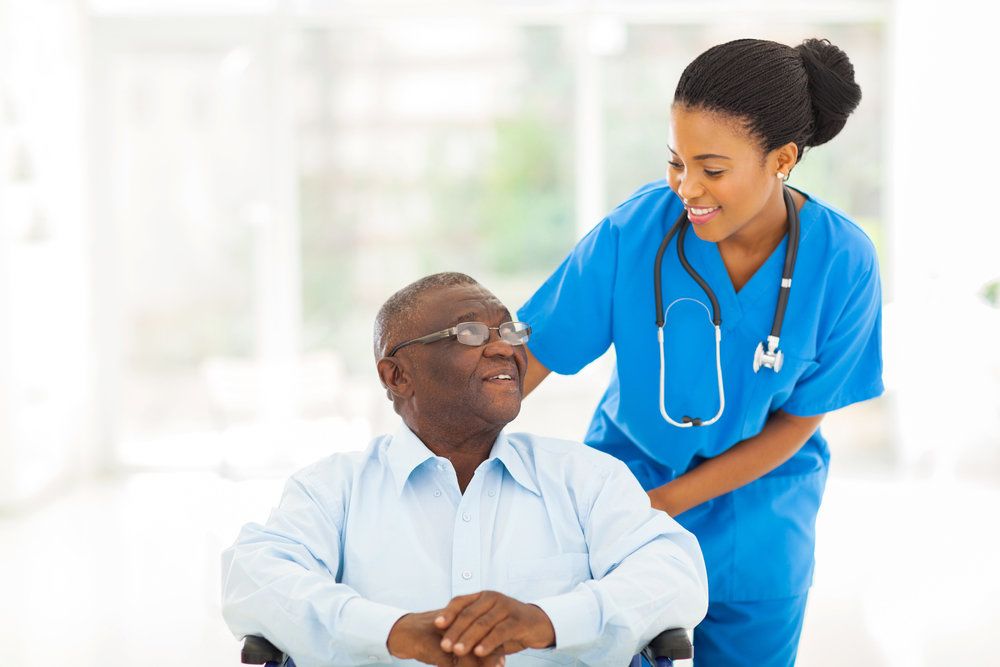Anal fissures are small cracks or tears in the lining of the anal canal or the anus. An extremely common medical condition, anal fissures represent 6-15% percent of visits to colorectal specialists, or up to three million cases in the United States each year. Symptoms typically include pain and bleeding during bowel movements and may also include itching, irritation, and malodorous discharge. Though most anal fissures are minor and heal on their own, they can become acute or chronic. Our doctors provide relief from anal fissures at our Garden City, NY, and East Setauket, NY, offices with effective, minimally invasive treatments. If you suspect that you or a family member are suffering from this colorectal condition, we encourage you to contact us today.

Anal fissures can occur in patients of all ages, including young infants. They are usually caused by direct trauma, such as passing large or hard stools. Trauma may also result from tears in the skin when a woman gives birth. Repeated episodes of diarrhea can also lead to anal fissures, as can constipation, inflammation from Crohn’s disease, or another inflammatory bowel disease, They may also arise from other diseases, including anal cancer and sexually transmitted diseases. Abnormally strong contractions (spasms) of the sphincter (internal anal muscle) may prevent anal fissures from healing. Left untreated, anal fissures can develop into anal ulcers.
The primary symptom of anal fissures is anal pain that gets worse with bowel movements. This pain may be severe and persist after bowel movements but subside in between them. Other symptoms can include:
An Anal Fissure can cause a significant amount of discomfort for the sufferer. A Fissure is a small tear right at the anal verge. Occasionally, medication is all that is required for treatment, but if the problem persists, a surgical intervention may be necessary.
See more videosIn many cases, anal fissures can heal within a few weeks with home treatments. Changing the diet to increase fiber and fluid can help keep the stool soft to prevent further trauma and encourage healing. Soaking in a warm bath several times a day, particularly after bowel movements, can help relax the sphincter and increase blood flow, and steroid creams can ease discomfort. However, you should still see a specialist first to have your condition correctly diagnosed. If symptoms continue, then further treatment will be necessary to heal the fissure. Nonsurgical treatments, all of which relax the sphincter and encourage blood flow to promote healing, may include:
These treatments may need to be repeated or interchanged before they are effective. If the anal fissure does not respond to nonsurgical treatments, then surgery will become necessary. The type of surgery is highly dependent on the individual case, but generally involves making a small incision in the sphincter to reduce the spasms. If skin tags are inhibiting healing, they may also be removed. Studies show that approximately 95% of anal fissures heal following surgery, and recurrence rates are extremely low (0-3%).
We understand that many patients hesitate to seek treatment for symptoms of colorectal conditions. For this reason, we place the highest priority on delivering discreet, private, and comfortable care. Above all, we strive to effectively treat your condition so you can get back to enjoying life. Contact us today to schedule an appointment.